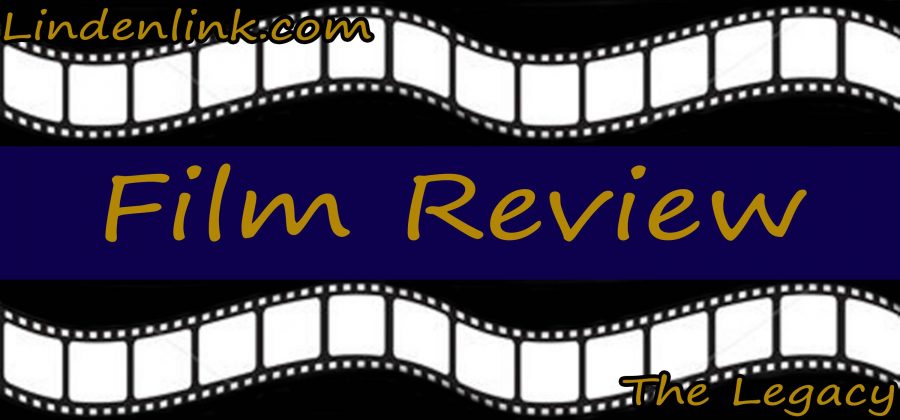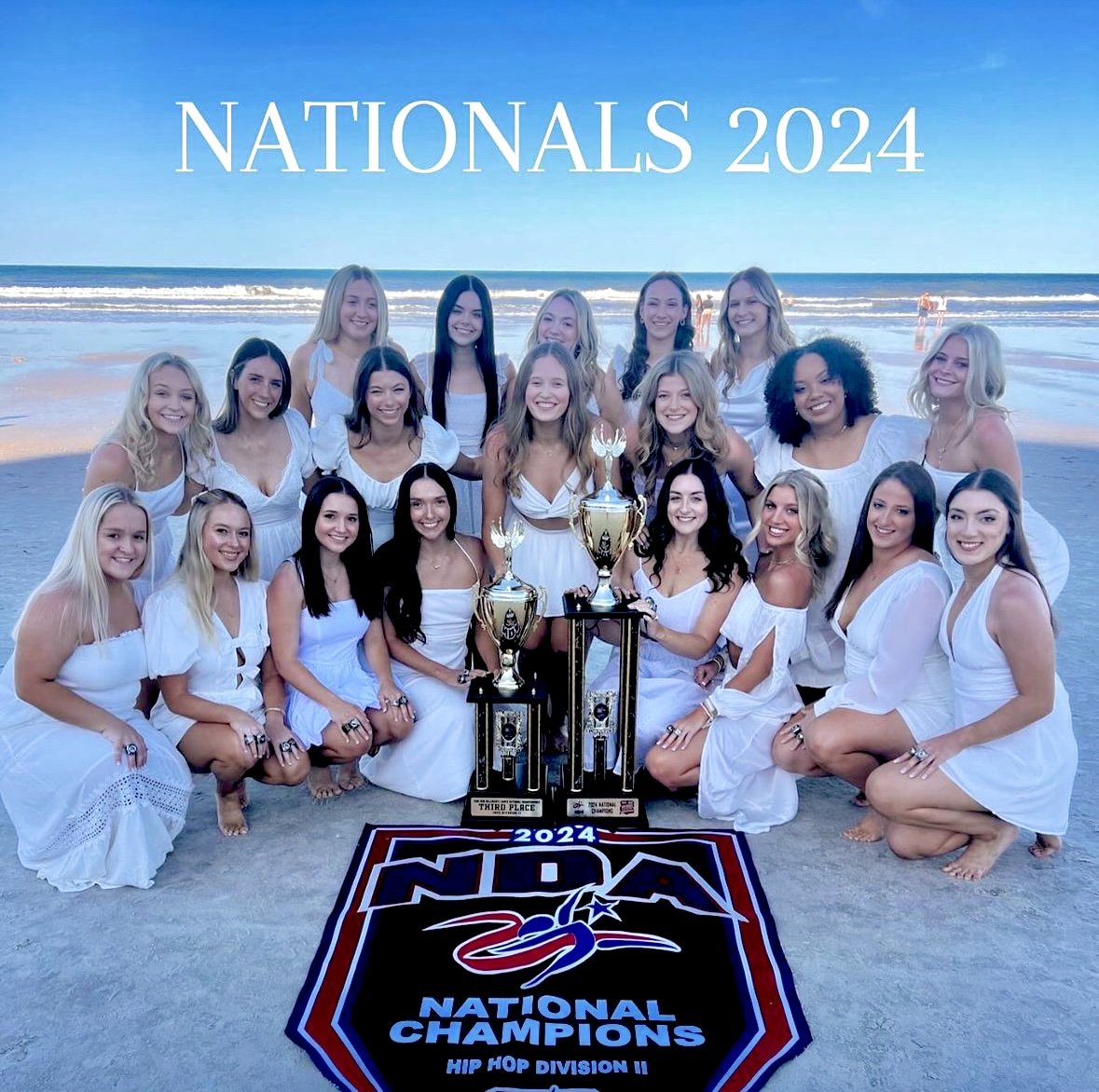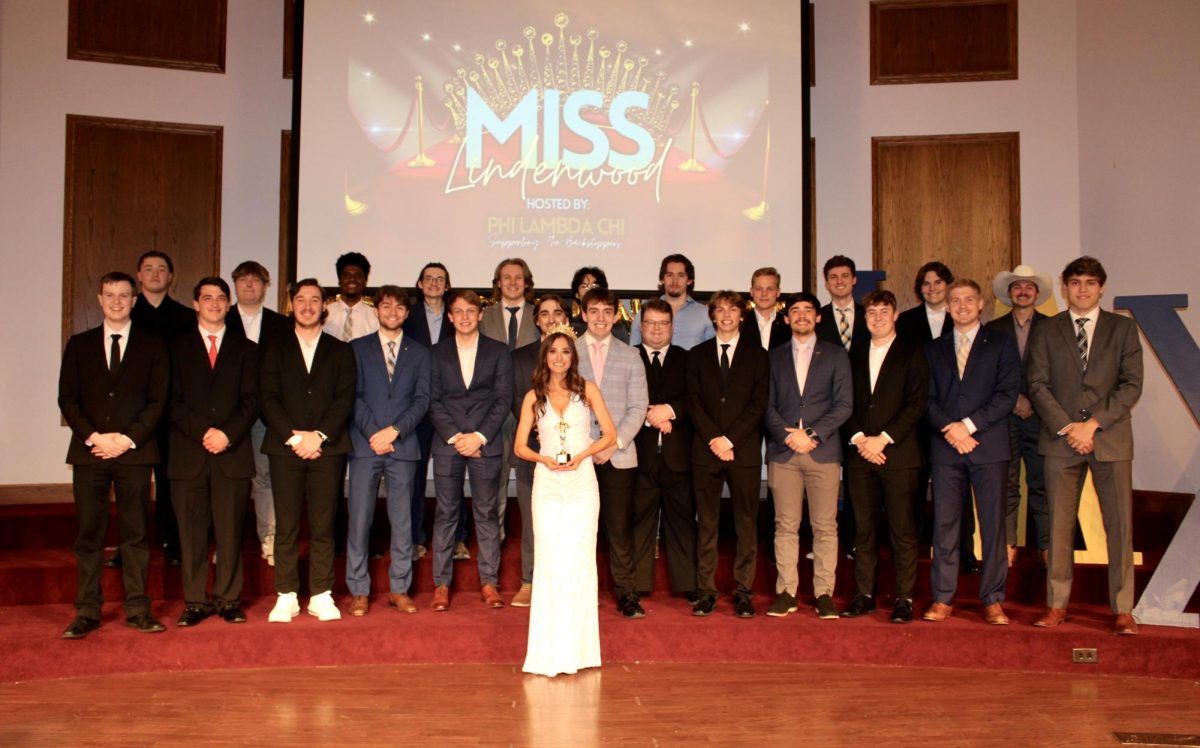Two of our critics review the latest film adapatation of William Shakespeare’s “Macbeth.” One critic has read the original play. One critic has not. How does their take even out?
[su_column]HAS READ THE PLAY:
Jason Wiese | Culture Editor
Friday, Dec.11; 11 a.m.
When Stanley Kubrick released his acclaimed adaptation of Stephen King’s novel “The Shining” in 1980, King famously voiced his displeasure over the film. The author believed that Kubrick, as a filmmaker who had never done anything in the horror genre before, missed the mark on what King’s own vision of the story should be as translated to screen. As an admirer of William Shakespeare’s original 17th Century play “Macbeth”, I imagine that the iconic playwright would have felt the same about Australian director Justin Kurzel’s adaptation from a screenplay by Jacob Koskoff, Michael Lesslie and Todd Louiso. There is much to admire about the film with its relentlessly gorgeous cinematography, perfect production and costume design and a unique take on the main characters’ descents into madness. However, in comparison to the source material and a habitual comfort to Shakespeare’s style, it does not feel complete.
Michael Fassbender takes the role of the ultimate representation of tyranny, Macbeth, who learns, after a successful yet tragic battle, of a prophecy from the mysterious Weird Sisters that he will soon be the Thane of Cawdor and then the King of Scotland. His wife, Lady Macbeth (Marion Contillard), seduces him into killing the King to claim the throne, thus driving them both into a life of power and a bloody, maddening abuse of it.
The script adapts Shakespeare’s dialogue verbatim, and rightfully so, spoken by actors imitating Scottish accents to the utmost perfection. Despite the appropriate use of the accents in relation to the setting, it comes as an almost startling surprise to hear the words spoken that way.
It is even more of a surprise, and a potential source of discomfort for Shakespeare enthusiasts, to hear the dialogue spoken not in iambic pentameter, the rhythm in which Shakespeare’s dialogue is traditionally performed in. That aspect of the film is a tough one to criticize because, even though it breaks the play’s traditional performance format, it is somewhat admirable to see a new take on the characters’ interaction. Fassbender speaks Macbeth’s soliloquies as if desperate to avoid speaking loud enough for another to hear him, which is, admittedly, a more realistic approach.
These scenes are also filmed uniquely as montages to intersect with action taking place separately but in relation to the speech. In my opinion which I hold reluctantly, the only time this method suffers is at Lady Macbeth’s famous “Out damned spot” soliloquy. That moment is intended to show that her growing insanity has reached its peak to full consumption of the soul, but Contillard’s portrayal merely represents grief and regret,which does not match the power that I was anticipating.
Kurzel shows ambitious promise throughout the film. It is clear that he is setting out to make a “Macbeth” film beyond its expected potential while still keeping it contained within the setting in realistic fashion. He certainly succeeds at this with a strong and appropriate exemplification of brutality during scenes of battle and breathtaking visuals in the film’s subtlest moments, which there are many of. However, the film’s pacing does not blend well with the dialect and neither the pacing nor the performances effectively capture the emotional core of the story.
As a fair warning to Shakespeare enthusiasts, this is not Shakespeare’s”Macbeth”. This is Justin Kurzel’s “Macbeth”. It is a very impressive piece of filmmaking, proving that Kurzel is an artist to look out for in the future, but as an adaptation of Shakespeare, it misses the mark.
[/su_column]
HAS NOT READ THE PLAY:

Devin King | Reporter
Friday, Dec. 11; 11 a.m.
I have never read nor have I seen the play “Macbeth” so it is very likely that this has a lot to do with how I viewed the 2015 film adaptation of the William Shakespeare classic. Perhaps I would have liked it much less, but I enjoyed this adaptation immensely.
As far as I can tell from director Justin Kurzel’s “Macbeth”, is that it essentially takes the word-for-word script of Shakespeare’s play, or at least edits very little of it, and adds Kurzel’s visual ideas.
As for the film doing justice to the source material, I cannot say. But for what it is worth, the film captures a tragic story of people trying to take political advantage when they can, which leads to devastating losses. The main characters are very complex and the plot is one of the most compelling I’ve seen at the movies all year.
2015’s “Macbeth” is also one of the most visually stunning piece of cinema I have ever seen. The use of gorgeous, medieval Scottish set pieces and stunning lighting makes the film one of 2015’s best looking movies. The use of red hues, in particular, are the most impressive visually impressive scenes and add a lot to the film’s symbolism.
Michael Fassbender plays the titular character, and gives an Oscar-worthy performance. Fassbender brings something new to the overall experience every time he appears on screen as Macbeth goes through multiple changes in character. From my understanding, Marion Cotillard portrays Lady Macbeth differently from the play’s traditional portrayal, but the end result was a very conflicted yet human character. Which seems to be a change for the better.













